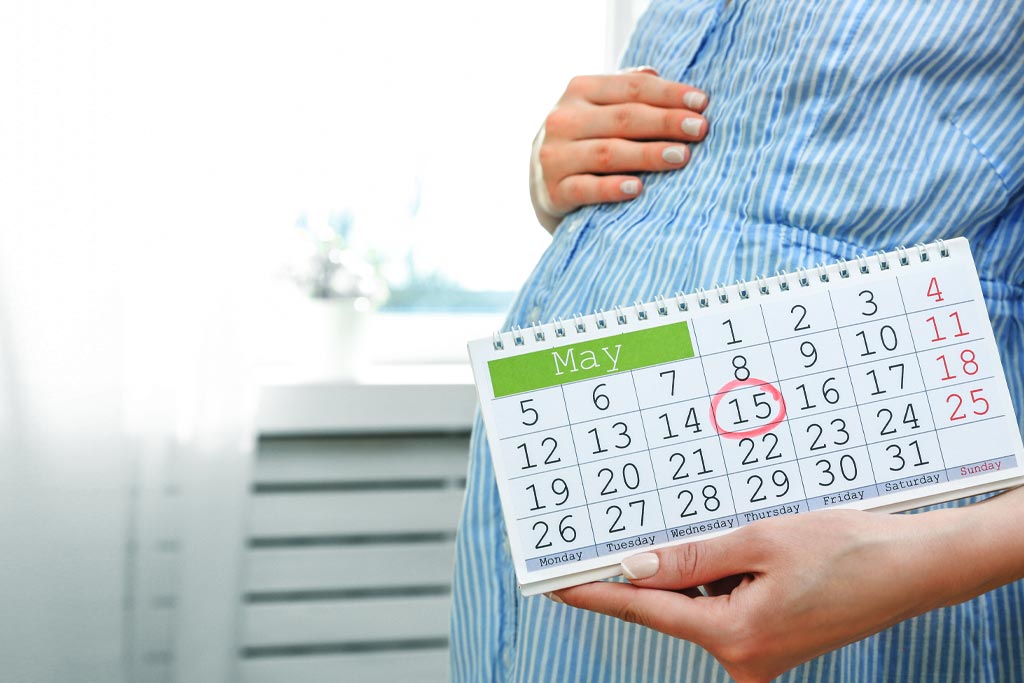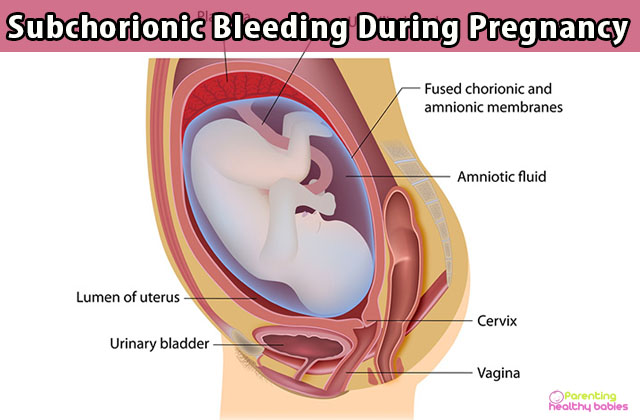The pregnancy week calculator gives us an estimate of a pregnancy schedule which is based on the data provided like last period date, conception date, due date, ultrasound date and IVF transfer date. Apart from this, it also calculates the date of when you will complete the first and second trimester of your pregnancy and in doing so it helps you to schedule your regular check updates with your obstetrician. With the help of pregnancy calculator you can know the expected date of arrival of your baby.
After you check the results, a second calculator can be used in order to estimate the number of weeks of pregnancy for any future dates and by doing so you can plan out any special events regarding your friends or family.
Pregnancy Term And Due Date
The word pregnancy is used to describe a woman’s state over a period of 9 months. During this 1 or more offspring develops inside of a woman. Usually birth of a child occurs 38 weeks after conception or about 40 weeks from the last menstrual period. According to the World Health Organization a normal pregnancy of a woman can last between 37 and 42 weeks.
When a woman visits gynaecologist or obstetrician for the first time the doctor usually provides an estimated date which is based on a sonogram when the child will be born or which is also called the due date, this due date can also be estimated on the basis of a person’s last menstrual period.
Although the due date can be estimated with the help of a pregnancy week calculator there are other factors which influence such as age and the length of previous pregnancies, weight of the mother and still there are lot more factors which affect the natural variation in the pregnancy; terms that are yet not well understood.
Though it is possible to be confident about when a person’s child will be born. Assuming about two weeks of the due date, it is currently not possible to predict the exact date of birth with certainty.
Pregnancy Detection
One can detect pregnancy either by using pregnancy test or the woman herself notices a number of symptoms which include missed menstrual period, increased basal body temperature, nausea, fatigue And frequent urination.
A pregnancy test works by detecting the hormones that serve as biomarkers for pregnancy and it also includes clinical blood or urine test that detect pregnancy from 6 to eight weeks after fertilization. Clinically, blood tests are far more accurate and they can detect the exact amount of hormone which is present only during pregnancy, earlier and in smaller quantities but these tests take more time to evaluate results and are more expensive than the home pregnancy urine test kits available in the market. But this does not guarantee them that they are more accurate than a home pregnancy test and these can be potentially more costly.
It is a fairly known fact that most pregnancies last 40 weeks but there are other factors which influence this pregnancy due date. Majority Of the time expecting mothers don’t even realise that both their menstrual and evolution periods count as the first two weeks of pregnancy. While many women are not aware of their pregnancy until the first missed period. By that time they could be up to 5 weeks pregnant. This simply means that finding out the due date of delivery based on from the day you took a pregnancy test is not going to calculate your due date exactly, and also factoring a few weeks here and there for Ovulation won’t work either.
It is certainly difficult to know how far along you are and on what date you will meet your baby unless you can pinpoint exactly what point of your ovulation cycle you were at the time of fertilization and pregnancy week calculator can help you in finding out both by quickly working out your estimated due date by tailoring it accordingly for shorter, longer and average cycle length. it does this by using both the date of your last period and the length of your regular cycle or the exact date of conception.
Why Is Your Due Date Important?
Once you find out that you’re pregnant, the due date is likely to be one of the first bit of information you will seek out and your family and friends would also want to know the due date so they can look forward to greeting your new baby and supporting you.
It is important to know that Not just for personal reasons but for professional reasons as well; knowing your due date will help you as doctors, midwives and nurses will want to know the due date so they can track important health milestones and make decisions about prenatal testing or Interventions.
Frequently Asked Questions
How To Use The Pregnancy Due Date Calculator
First of all enter the first day of your last period and click on calculate my due date, rest will be done by the calculator. Normally the pregnancy lasts from 37 to 42 weeks.
How Does The Pregnancy Week Calculator Work?
By adding 40 weeks or 280 days to the first day of your last menstrual period assuming that you have a 28 day cycle your menstrual period and ovulation are both together counted as the first two weeks of your pregnancy. Hence in order to pinpoint the exact date or ovulation cycle a pregnancy week calculator is helpful.
How Accurate Is Pregnancy Week Calculator?
This calculator just gives an estimate date and studies have shown that only 60% of births occur within a week of the due date and fewer than 4% of childbirth occur on the exact due date. Mostly 90% of the birth occur within 2 weeks of the due date and this device can you approximate date of the baby’s arrival.
References
https://m.timesofindia.com/life-style/pregnancy-due-date-calculator













